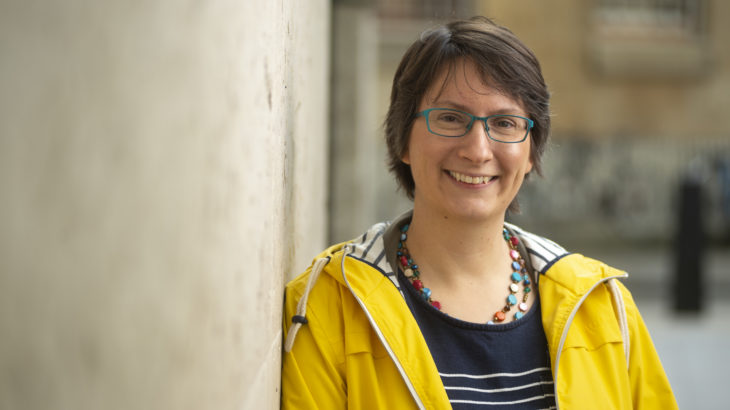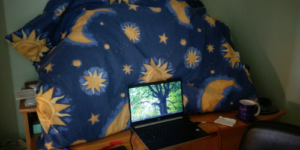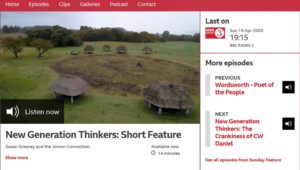
As my previous blog posts have described, I’m a part-time PhD student at Cardiff University, undertaking research into Neolithic monuments. I’m now close to the end of my PhD – or, at least, I’ve got a full working draft, and hope to submit in early autumn. Although coronavirus has been, and still is, a terrible and frightening global event, one silver lining has been that it has given me a little breathing space from work and travel commitments to get some serious editing and writing done. There is a still a lot of work to be completed, but there is a light at the end of the tunnel now at least.
As I write, this week and next, Radio 3 are showcasing the final pieces written and recorded by the 2019 BBC and AHRC New Generation Thinkers (NGT). Each evening, at 11.45pm, each one of the ten of us present something about our research. My episode focuses on a specific aspect of my PhD work, which investigates how Neolithic people might have understand the underworld through digging pits and shafts, encountering the place beneath their feet. It’s a fantastic opportunity not only to present my research to a wide audience, but also to explore ideas in a more creative and imaginative way than possible within a PhD or traditional academic publishing.
Originally, the plans were to perform our Essays in front of a live audience at this year’s Hay Festival, but unfortunately Covid-19 has put paid to that. Recording at home has been an interesting experience, involving duvets draped over my desk, a producer on Zoom calls and hijacking my husband’s iPhone for its recording quality, but all useful skills for the future! It’s a real shame not to be able to present my talk at Hay, mostly because I’ve missed the opportunity to meet up with the rest of my cohort – all talented, interesting and lovely people – and to get to know the 2020 NGT cohort, who have just been announced. Hopefully, we’ll be able to meet up again soon.

Early in lockdown, I recorded another programme for BBC Radio 3, on Prehistoric Japan, charting my trip there last October to investigate Jomon monuments and sites. The trip had been part of my English Heritage role, as we had been planning an exhibition at the Stonehenge visitor centre all about prehistoric Japan. Again, Covid-19 has delayed that, but it was great fun to write and record the programme, and I was able to use lots of the audio that I had recorded while there – bullet trains, interviews and birdsong!

It’s rather sad that my year as an NGT is coming to end, but luckily the contacts and networks made during the year will continue, and I hope to be able to develop my skills in recording, writing and public speaking further, as I really enjoy making my research accessible to a public audience. My focus now is on submitting my PhD, getting several academic papers published and exploring options for the next step in my career. I’ve always wanted to go into academia, as I love teaching and want to continue with my research but even before coronavirus and Brexit, this was a precarious and difficult path to choose. Now there is even more uncertainty about university recruitment and the availability of research grants, so I’ll just have to see where things take me. Sometimes opportunities, like the call for the 2019 NGT cohort, just happen to come along: I’ve learnt to grasp them with both hands!
Categorised in: Student Blogs